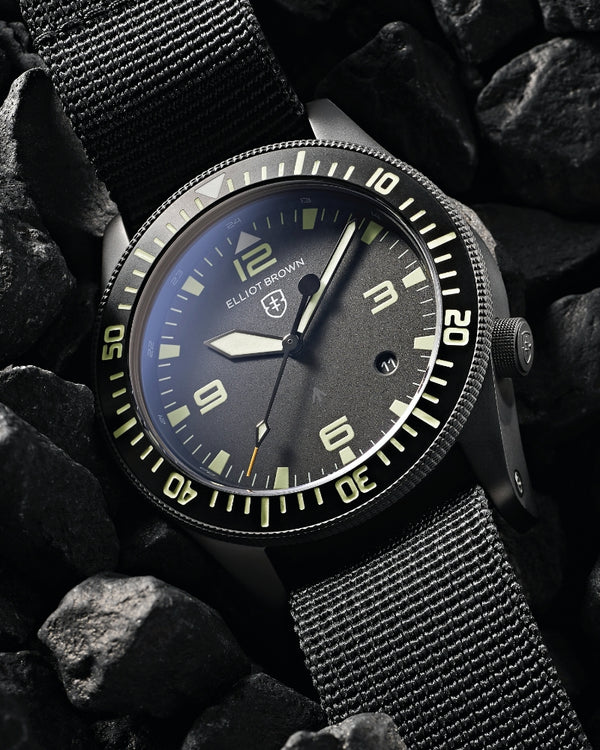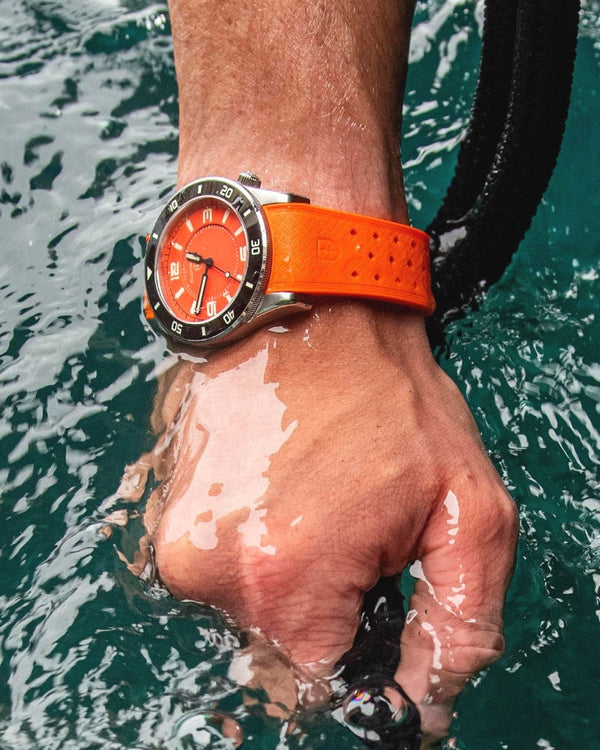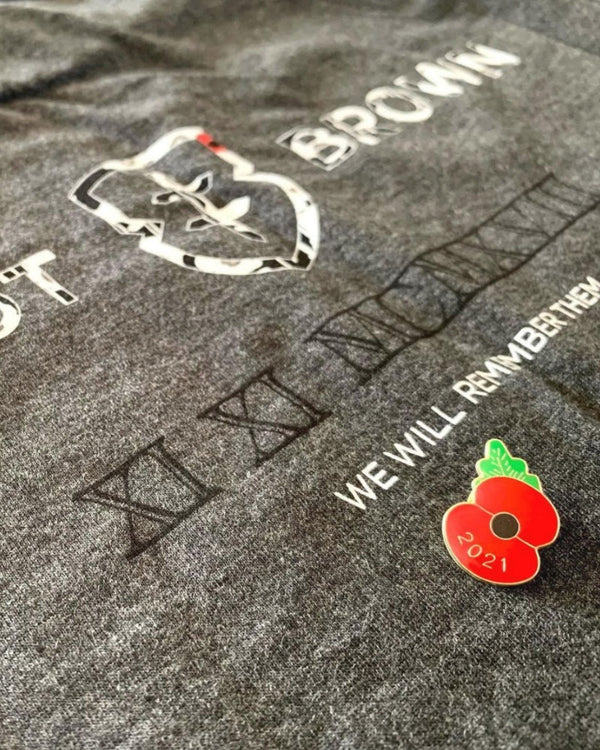MISSION EVEREST - LONDON - EVEREST SUMMIT - LONDON IN 7 DAYS
A Speed Ascent of the Highest Mountain in the World.


Team members from left to right: Al Carns DSO OBE MC MP, Maj Garth Miller (expedition lead), Ian Elliot (EB co-founder not part of the team), Kev Godlington and Anthony 'Staz' Stazicker CGC.
With more than 75 years of combined military service between them, the team has served in every major conflict of the past three decades, and the Mission Everest challenge bears all the classic hallmarks of a military operation, meticulous preparation, moving quickly and efficiently to get the job done and getting out as fast as possible, leaving minimal trace.
The Why: The team's aim is to highlight the veterans community and their welfare, and to raise £1 million for a number of Armed Forces and Veterans’ charities, including those that support bereaved military families. You can donate here.
"The Mission Everest team has operational experience of serving in the most violent and dangerous conflicts of our time. We have seen the impact of service and sacrifice and understand the implications for those left behind. A little bit of money goes a long way. We see it as our responsibility to dedicate our personal time and effort to support those who have, and continue to serve, including those who have made the ultimate sacrifice, to protect the freedoms we enjoy."
 The How: The Mission Everest team utilised cutting-edge science to acclimatise to extreme altitudes before even setting foot in Nepal. They implemented an intense training schedule for 6 months to prepare their bodies for the unique physiological demands of climbing the highest mountain in the world in record time. From practising climbing techniques that enable them to move at speed at altitude to spending hundreds of hours sleeping in specially adapted hypoxic tents to simulate the rarified air they will encounter on Mount Everest.
The How: The Mission Everest team utilised cutting-edge science to acclimatise to extreme altitudes before even setting foot in Nepal. They implemented an intense training schedule for 6 months to prepare their bodies for the unique physiological demands of climbing the highest mountain in the world in record time. From practising climbing techniques that enable them to move at speed at altitude to spending hundreds of hours sleeping in specially adapted hypoxic tents to simulate the rarified air they will encounter on Mount Everest.

“Our expedition represents an innovation in high-altitude mountaineering. Mission: Everest redefines how mountaineers can approach climbing 8000m peaks – minimising our footprint, mitigating risk and maximising their chances of summit success.”
A major benefit of all the hard work and acclimatisation being completed at home is that the team is ready to go when they arrive at EBC. They haven't experienced a period decline in physical fitness over the 6 or 7 weeks due to having to sit on the glacier acclimatising in slow time, living in tented camps, where sickness, injury, and just general malaise can scupper the chances of summiting.
With the team spending such a short period on the mountain, it also minimises the exped footprint of the challenge, recognising the Himalayas of Nepal as one of the world’s most fragile ecosystems. The expedition sets a different standard in sustainable mountain adventures.
 The Holton Auto GMT: EBINOX was the right choice to take on the challenge. With the watch being part of the mission-critical kit and strapped to the shoulder straps of the rucksacks the team will be carrying, it will have to endure extreme temperatures, atmospheric pressure, weather and the rough landscape. This will certainly be some serious real-world testing for the Holton without the warmth and security normally associated with wearaing a watch on the wrist.
The Holton Auto GMT: EBINOX was the right choice to take on the challenge. With the watch being part of the mission-critical kit and strapped to the shoulder straps of the rucksacks the team will be carrying, it will have to endure extreme temperatures, atmospheric pressure, weather and the rough landscape. This will certainly be some serious real-world testing for the Holton without the warmth and security normally associated with wearaing a watch on the wrist.
Mission Everest and Elliot Brown Holton Automatic EBINOX - breaking records and redefining what's possible in high-altitude mountaineering.

















